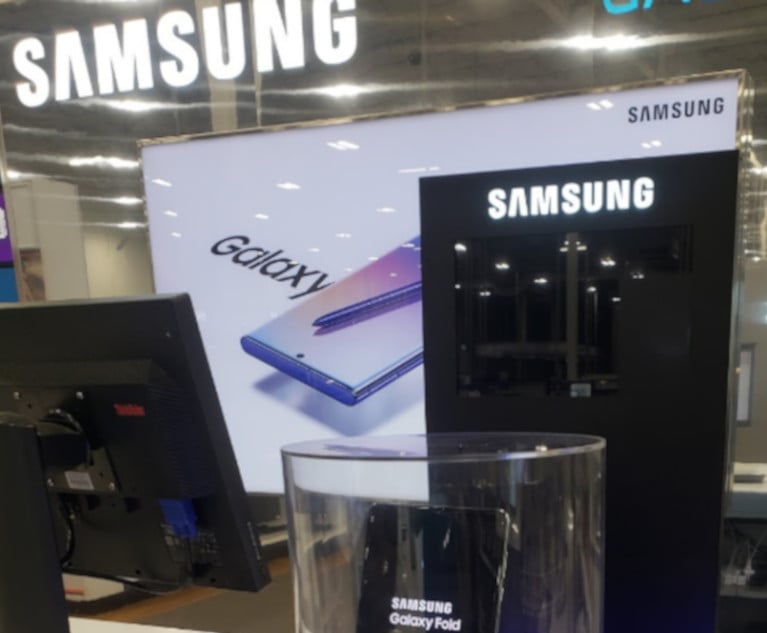When facing a claim for misappropriation of trade secrets, defense counsel should not ignore the opportunity for using patents and patent-related materials to defeat the claim. Unfortunately, many attorneys handling trade secret cases, specifically those brought in state court, may not be familiar with patents. This is understandable, as the overwhelming majority of lawyers do not work regularly with patents or search for and analyze patent filings or other forms of prior art. Yet these documents can be invaluable when defending a trade secrets case. Often patents and patent-related materials can prove fatal to the claim by establishing that the allegedly secret information fails to meet the definition of a “trade secret” as set out in either the Texas Uniform Trade Secrets Act (“UTSA”), or the Federal Defend Trade Secrets Act (“DTSA”).
The key to being considered a “trade secret” is that information must in fact be a secret. According to Texas UTSA, a “trade secret” is information that “derives independent economic value, actual or potential, from not being generally known to, or being readily ascertainable through proper means by, another person who can obtain economic value from the disclosure or use of the information.” Tex. Civ. Prac. & Rem. Code § 134A.002(6); see also 18 U.S.C. § 1839(3)(B). But proving that information is “generally known” or “readily ascertainable” can be challenging, particularly when the alleged trade secrets involve software processes, chemical formulas, or other forms of complicated technology. This is where an effective analysis of patent literature and other forms of prior art can be especially valuable.
This content has been archived. It is available through our partners, LexisNexis® and Bloomberg Law.
To view this content, please continue to their sites.
Not a Lexis Subscriber?
Subscribe Now
Not a Bloomberg Law Subscriber?
Subscribe Now
LexisNexis® and Bloomberg Law are third party online distributors of the broad collection of current and archived versions of ALM's legal news publications. LexisNexis® and Bloomberg Law customers are able to access and use ALM's content, including content from the National Law Journal, The American Lawyer, Legaltech News, The New York Law Journal, and Corporate Counsel, as well as other sources of legal information.
For questions call 1-877-256-2472 or contact us at [email protected]







